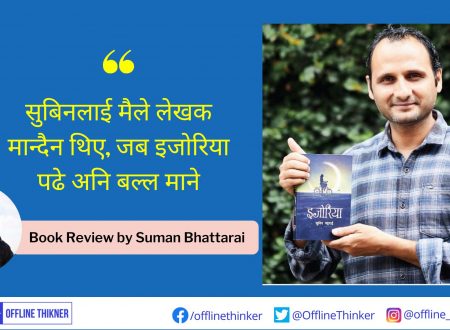“Atomic Habits” by James Clear provides a powerful framework for understanding how small habits can lead to remarkable changes over time. If you’re looking to apply the principles of “Atomic Habits” to writing a book, here’s a guide based on the core concepts from the book:
1. Start Small:
Apply the principle of “atomicity” to your writing. Break down the daunting task of writing a book into smaller, more manageable habits. Instead of aiming to write a whole chapter in one sitting, start with a goal of writing a certain number of words each day.
2. Focus on the Process:
Shift your mindset from outcome-based goals (finishing the book) to process-based goals (establishing a writing routine). Consistency is key. Commit to a specific writing time each day, even if it’s just for a few minutes, and build from there.
3. Make it Obvious:
Utilize Clear’s concept of making cues obvious to establish a writing routine. Set a specific time and place for your writing habit. Whether it’s a corner in your home, a cozy café, or a quiet library, create an environment that signals to your brain that it’s time to write.
4. Use Habit Stacking:
Integrate your writing habit into an existing routine. For example, if you’re a morning person, make writing the first thing you do after your morning coffee. By stacking it with an established habit, you leverage the power of routine to reinforce your new writing habit.
5. Master the Art of Cue, Craving, Response, and Reward:
Understand the habit loop: cue, craving, response, and reward. Identify the cue that triggers your writing habit (e.g., a specific time of day), cultivate a craving for the sense of accomplishment in writing, respond by actually writing, and reward yourself afterward, perhaps with a small treat or a moment of relaxation.
6. Commit to the Two-Minute Rule:
Clear introduces the idea that any habit can be started by taking a small action that takes less than two minutes. Apply this to your writing by committing to write for just two minutes. Often, the hardest part is starting, and once you’ve begun, momentum takes over.
7. Track Your Progress:
Use a habit tracker to visually monitor your writing progress. This could be a simple calendar where you mark off each day you meet your writing goal. Tracking builds a visual chain of consistency, motivating you to keep the streak alive.
8. Reinforce Identity:
Adopt the identity of a writer. Instead of focusing solely on the outcome of having written a book, think about the type of person who writes regularly. When you see yourself as a writer, you’re more likely to align your habits with that identity.
9. Optimize for the Plateau of Latent Potential:
Understand that the most significant changes often come after a period of consistent effort. Writing a book is a gradual process, and improvement may not be immediately apparent. Trust in the power of compounding habits over time.
10. Embrace the Cardinal Rule of Behavior Change:
Make your writing habit attractive, easy, and satisfying. This aligns with Clear’s principle that behavior is a function of the immediate rewards and punishments associated with it. Find joy in the process of writing, simplify your approach, and celebrate the small victories.
11. Adjust as Needed:
Be flexible in adjusting your habits. If you find that your initial writing routine is not working, don’t be afraid to experiment with different cues, times, or environments until you find what clicks for you.
By applying the principles of “Atomic Habits” to your writing process, you can transform the act of writing a book from a daunting task into a series of manageable and rewarding habits. Remember, the key is consistency and the understanding that significant changes result from small, intentional actions repeated over time.
Read More Articles like Atomic Habits:
Read More From Offline Thinker:
Follow Offline Thinker on Facebook, Twitter, and Instagram. You can send us your writings at connect.offlinethinker@gmail.com







